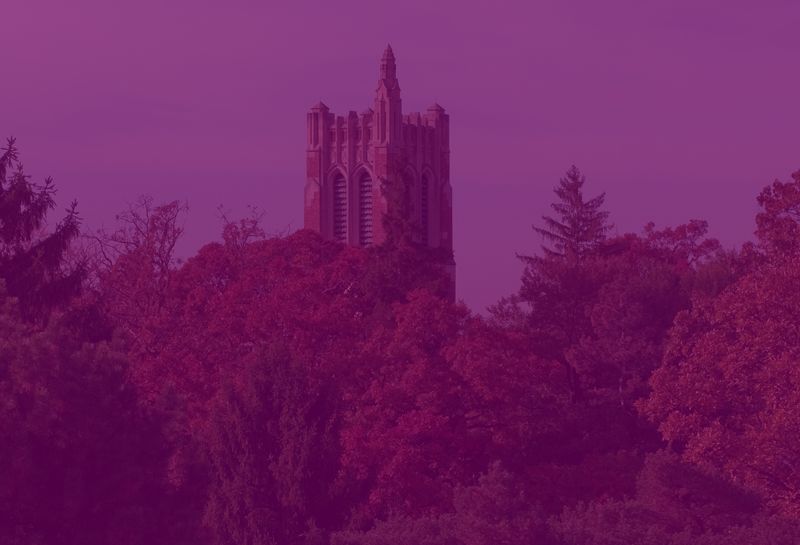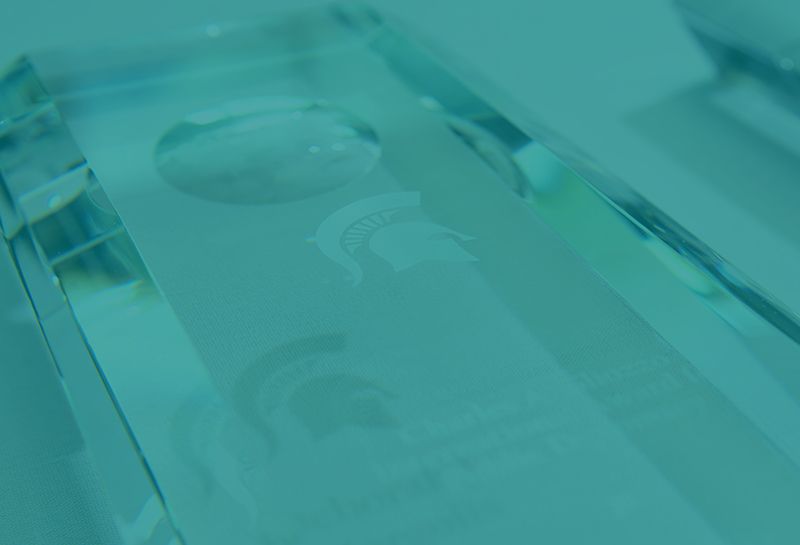Events
- Page:
- 1
- Date:
- Tuesday, 08 Jul 2025
- Time:
- All day
- Location:
- Room 305, ISP Building, 620 Farm Lane, East Lansing, 48824
- Department:
- Asian Studies Center

A workshop for teachers on teaching graphic novels about different regions of the world. Open to K-12 In-Service & Pre-Service Teachers.
The workshop will cover:
- History of comics in the United States and the World
- Intro to Comics Studies and Using comics in the classroom
- Conversations with scholars and creators
- Teaching guide and other resources for comics at Michigan State University and University of Michigan
Contact: 734-764-0352 /
- Date:
- Monday, 21 Jul 2025
- Time:
- 3:30 p.m. to 6:00 p.m.
- Location:
- Kellogg Center Auditorium
- Department:
- Office of the Dean

The 2025 Mandela Washington Fellows will each give a 5-minute presentation on a topic related to their work or focus project. This event is free and open to the public, and will be followed by a reception with light refreshments.
- Date:
- Wednesday, 15 Oct 2025
- Time:
- 4:00 p.m. to 5:30 p.m.
- Location:
- International Center Room 303
- Department:
- African Studies Center

Book Premiere Event: Stephen Esquith "Everyday Peacebuilding through Democratic Political Education"
*This event is part of the 65th Anniversary of the MSU African Studies Center Celebration!
- Page:
- 1



